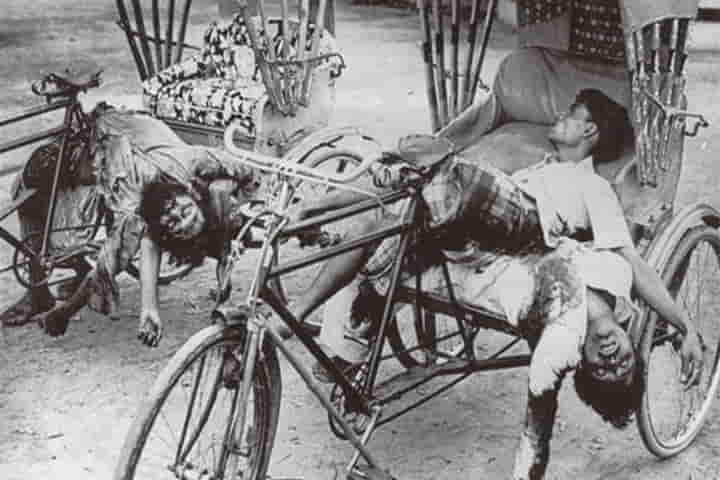Bangladesh Liberation War Minister AKM Mozammel Haque has urged all those who believe in the spirit of the liberation war to unite for the recognition of 1971 Liberation War as genocide.
The minister, while addressing a press conference at the ‘Jatiya’ or National Press Club of the country, said that the UN has not yet recognised the ghastly episode as genocide.
Bangladesh has repeatedly tried to persuade the United Nations to declare the 1971 Liberation War as genocide.
He underlined that the UN must recognise March 25 as International Genocide Day alongside the existing December 9.
The Sheikh Hasina’s government has however declared March 25 as the National Genocide Day.
Earlier, on several occasions, Bangladesh Prime Minister Hasina highlighted that the South Asian nation experienced one of the worst forms of genocide in the history of mankind. She had also made this observation just ahead of the year- long celebration that the country observed to commemorate 50 years of independence.
Hasina has brought up the issue at several fora. In December 2020, she even told Pakistan High Commissioner to Dhaka Imran Ahmed Siddiqui that the pain of the 1971 genocide will remain forever.
Hasina had brought up the issue while addressing the UN General Assembly in 2017 too.
Finally, in March 2017, the Bangladesh Parliament passed a resolution to observe March 25 as the Genocide Day.
In the 9-month-long war of liberation against Pakistan about three million innocent people were killed and more than 200,000 women were violated.
The ghastly episode started at the midnight of 25 March 1971 when the Pakistan army cordoned Peelkhana, the headquarters of the East Pakistan Rifles (EPR), Rajarbagh police barracks, and the Ansar headquarters at Khilgaon. About 8,000 to 12,000 people were killed every day—the highest in any genocide history.
Also read: Modi and Hasina send a big message—India and Bangladesh are re-shaping Asia




















